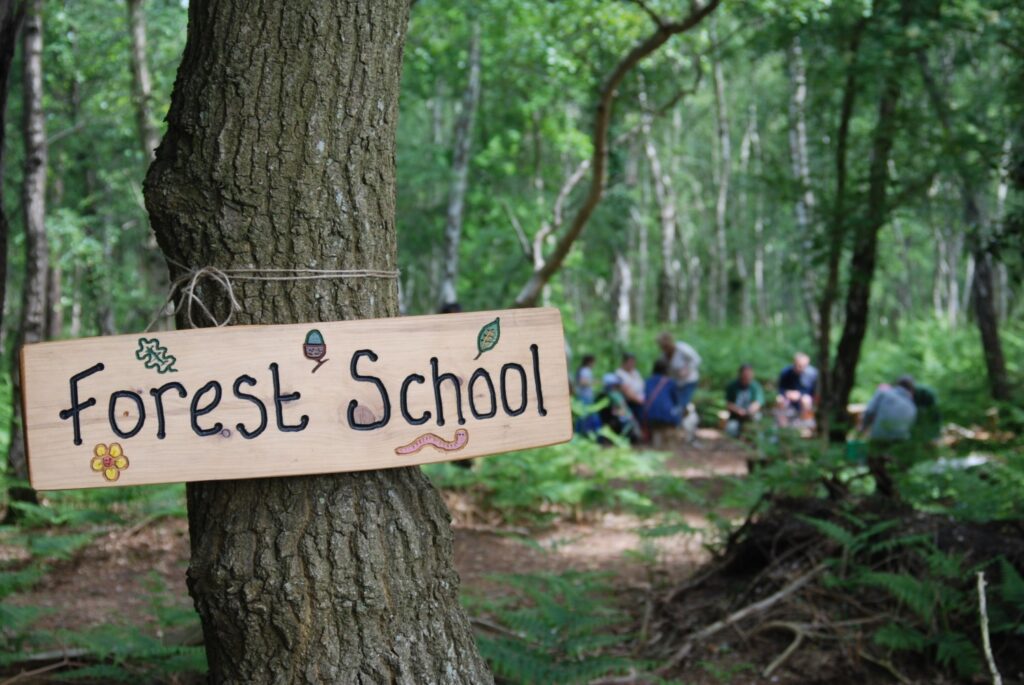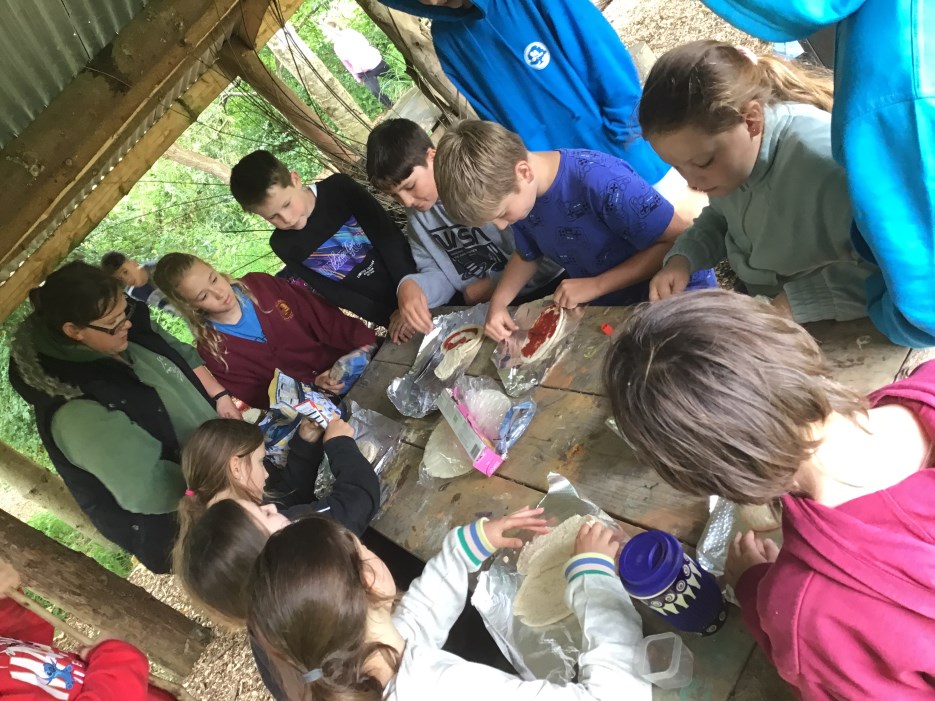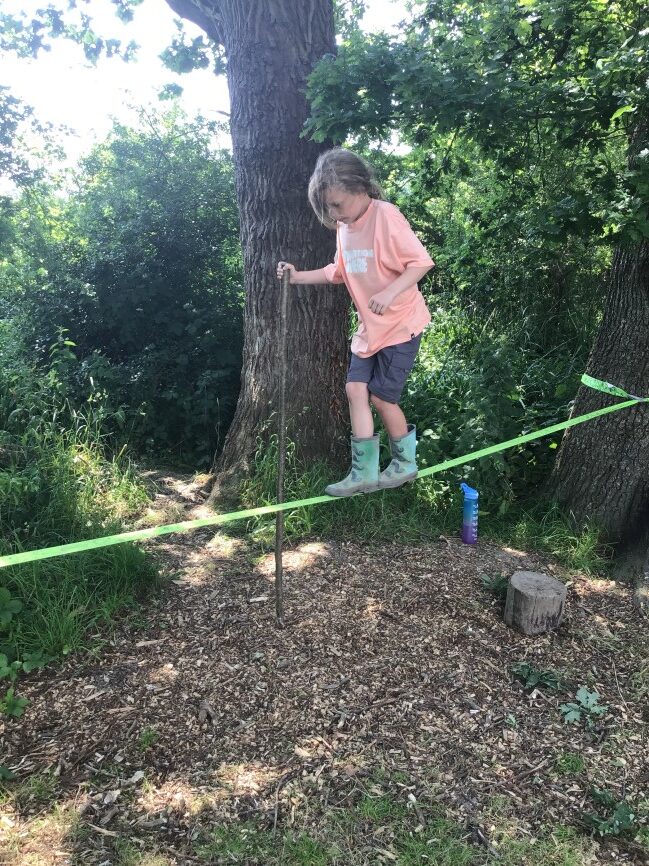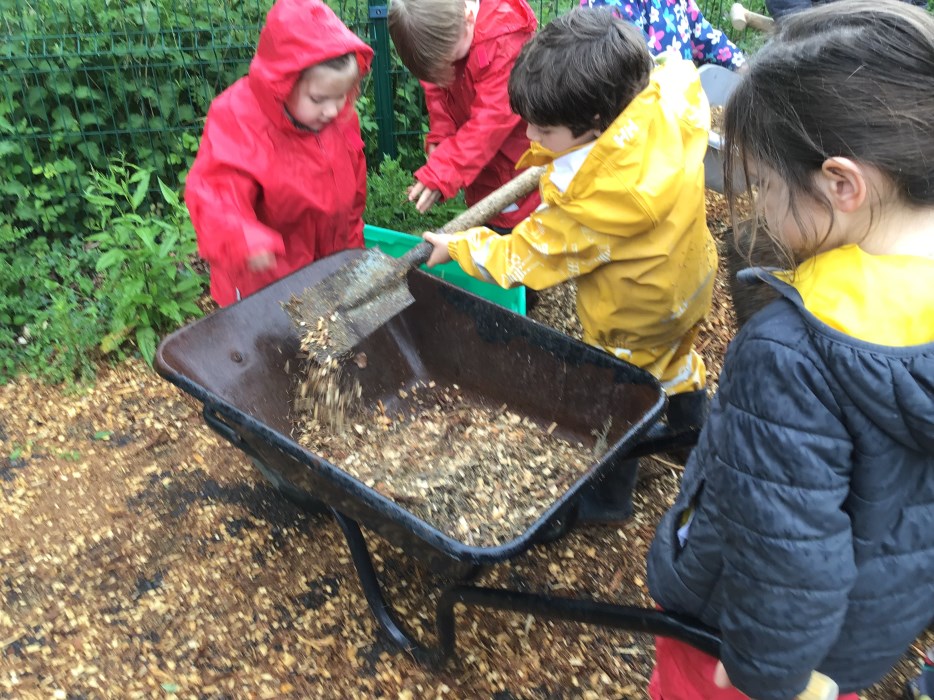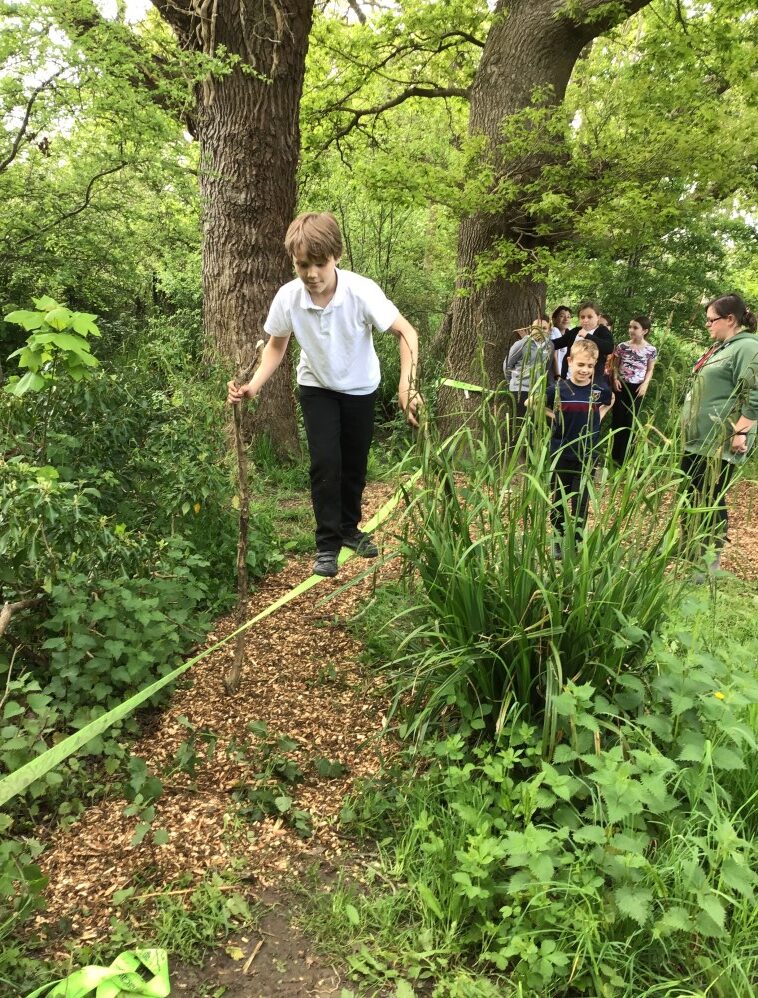Forest School is an inspirational process, that offers ALL learners regular opportunities to achieve and develop confidence and self-esteem through hands- on learning experiences in a woodland or natural environment with trees. The growing body of research points to numerous benefits to learner, educator, child and parent alike.
Forest School is the name of a specific ethos. Qualified practitioners carefully facilitate programmes which are uniquely tailored to the needs of the individuals within the group and have the fundamental aim of building participants’ self-esteem, confidence, independence and creativity. The name does not refer to an actual place; it refers to the philosophy.
The Impact of this is the knowledge the children have gained from the Forest School experience.
The impact can be seen through skills, art and craft activities, observations and knowledge of the fruit, plants trees in relation to the seasons and the skills involved in learning how to play Forest School games.
The principals of Forest School state that it is:
- a long-term process of regular sessions, rather than a one-off or infrequent visits; the cycle of planning, observation, adaptation and review links each session.
- taking place in a woodland or natural environment to support the development of a relationship between the learner and the natural world.
- using a range of learner-centred processes to create a community for being, development and learning.
- aiming to promote the holistic development of all those involved, fostering resilient, confident, independent and creative learners.
- offering learners, the opportunity to take supported risks appropriate to the environment and to themselves.
- run by qualified Forest School practitioners who continuously maintain and develop their professional practice.
At Forest School all participants (children and adults) are viewed as:
- equal, unique and valuable
- competent to explore & discover
- entitled to experience appropriate risk and challenge
- entitled to choose, and to initiate and drive their own learning and development
- entitled to experience regular success
- entitled to develop positive relationships with themselves and other people
- entitled to develop a strong, positive relationship with their natural world
This ethos creates learning communities where deep-level learning and progression are the norm.
www.forestschoolassociation.org/full-principles-and-criteria-for-good-practice
Forest School Blog
